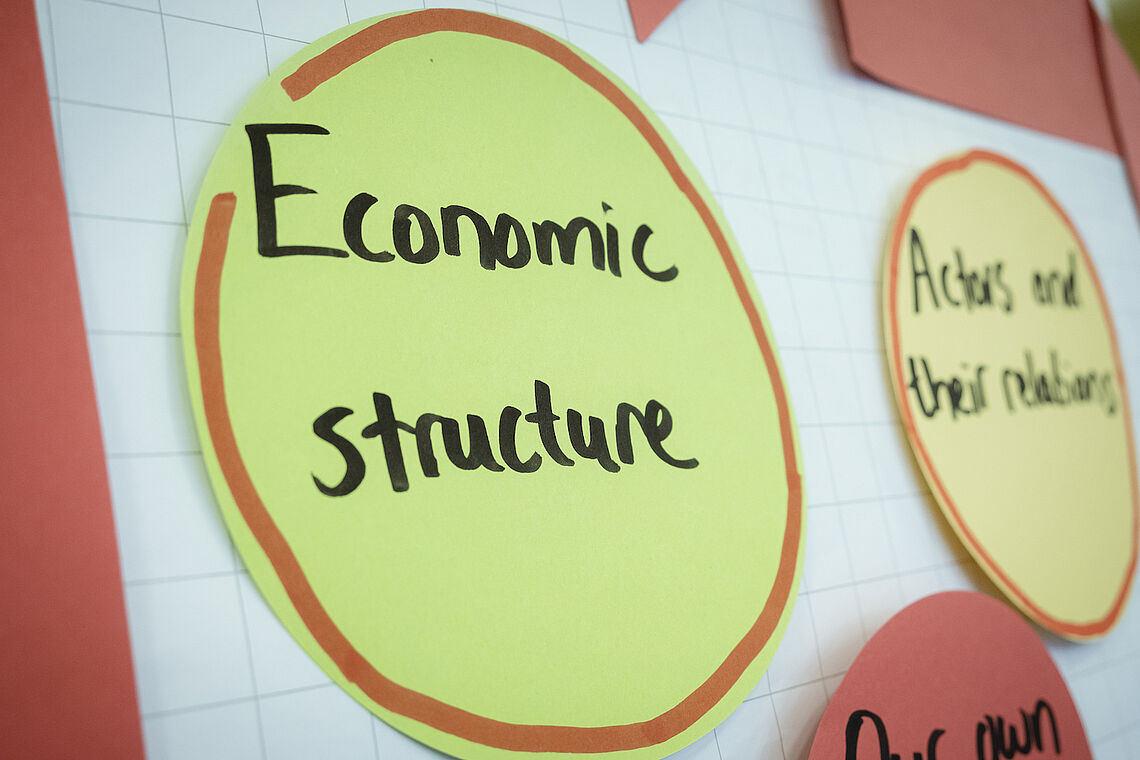Territorial Economic Development
Territorial Economic Development (TED) promotion has a key role to play in addressing the crucial challenges of our time, such as the development of competitive advantages in locations that compete with other locations globally, the management of structural change processes and social and territorial inequalities, responses to climate change, the initiation of change coalitions to make locations more resilient in conflict-ridden situations, etc. Based on our understanding, solutions for all these issues have to been promoted in specific places. TED initiatives cannot been treated isolated but in a systemic and interdependent way with national and regional efforts. But national development efforts without a place-sensitive perspective often fail because places differ from each other and territorial context matters. Equally designed interventions can be successful in one place and fail in another.
Our perspective on TED is related to our understanding that TED is not a solution for everything. But place-based efforts are the anchor for many development interventions (see also this annual reflection article). For practitioners key questions need to be asked when embarking on a process of strengthening a territorial economy (see article). TED provides the chance for participatory, bottom-up approaches that mobilise local knowledge, motivate stakeholders and stimulate innovation (see article). Especially during the last decade international practice shows that network approaches are a key success criterion to strengthen knowledge transfer, cross-interdisciplinary thinking and concrete product and process innovations. Stimulating such interactive processes requires creative facilitation in order to promote coherent and sustainable TED-initiatives (see article).
But TED is not only about networking and bottom-up initiatives. We have to recognise that territorial economies are complex adaptive systems (see article) that move beyond the purely economic dimension of competitiveness at the territorial level by responding to the environmental and climate challenges of our time (see article) and aiming at a higher level of inclusiveness (see article). With its focus on regions and cities in times of digitalisation, it becomes also an important approach to strengthen smart rural and urban development opportunities and to overcome the urban-rural divide by interpreting territories as wider living and innovation spaces (see article). Looking out for the role of market-focused TED approaches in highly insecure, conflict-ridden situations, is another phenomenon of current times (see article).
Mesopartner’s experience in TED has been gained in all types of countries, including least developed countries, developing countries, middle-income countries and developed countries such as Germany. We are often considered knowledge mediators between the more industrialised countries and the developing world. During the last years we have linked our TED promotion activities strongly to topics like “Green Economic Development”, complex-sensitive approaches like “Systemic Insight, “Local Innovation System Promotion”, and “Bottom-up Industrial Policies”.








